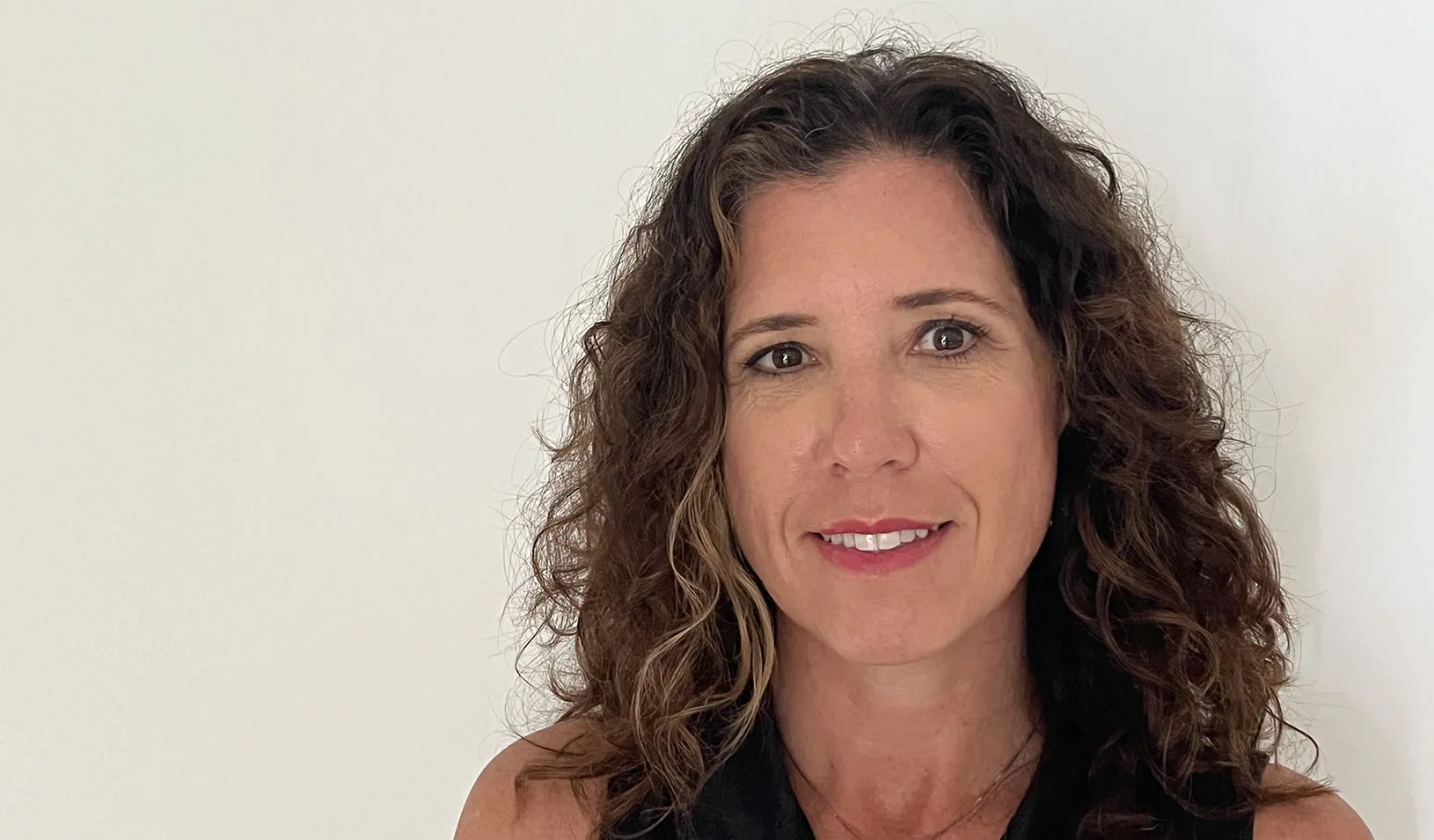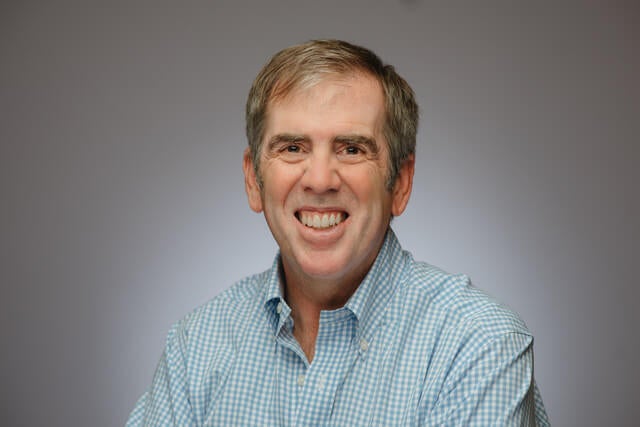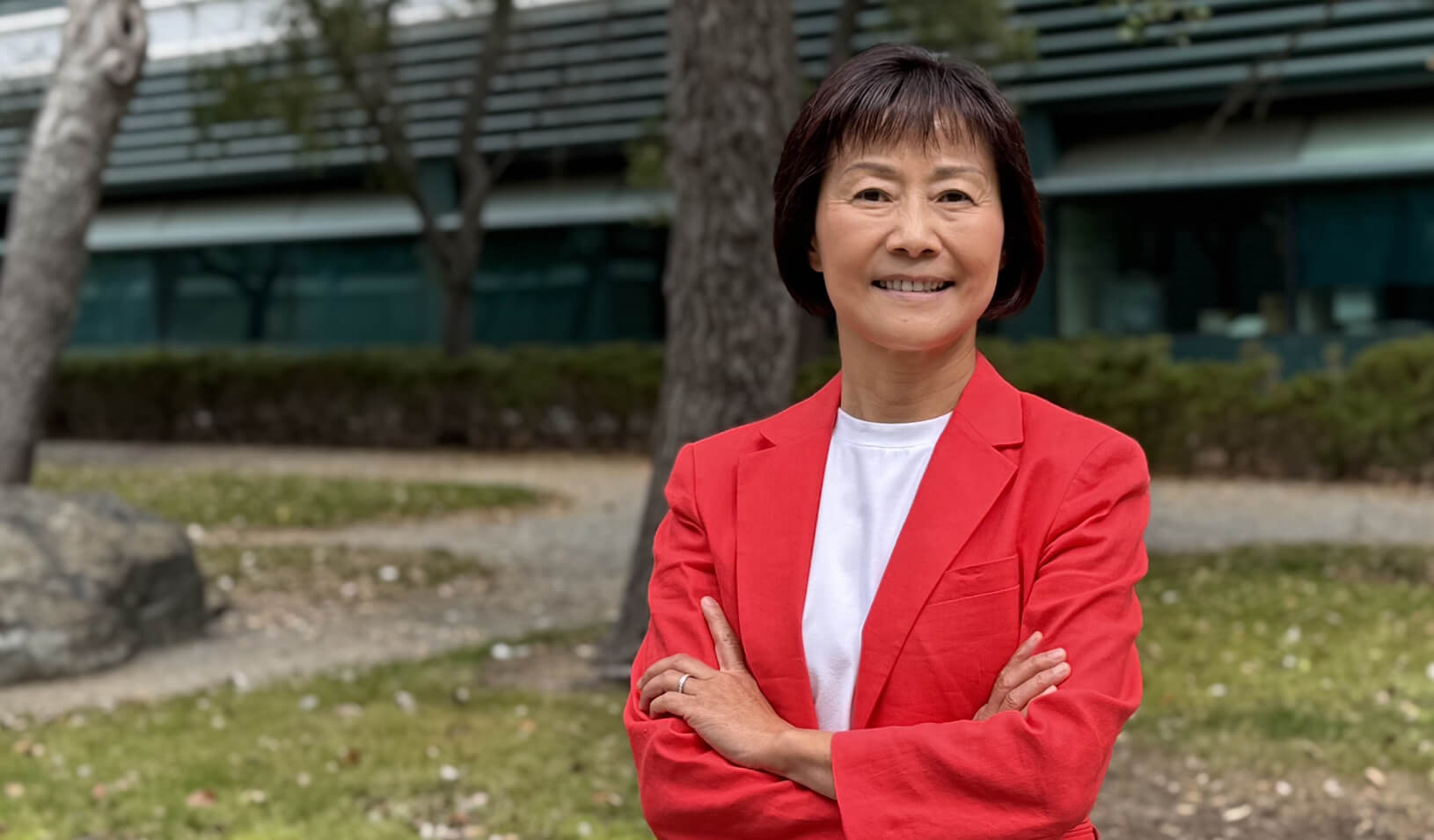LGBTQ Executive Works to “Close the Gap” in Business DEI Practices
Marina de la Torre completed Stanford’s first-ever LGBTQ Executive Leadership Program. She now advocates for inclusive hiring practices and a corporate culture that welcomes all.
May 11, 2023

Forging her career in the early 2000s, Marina de la Torre says, “There was no concept of DEI (diversity, equity, and inclusion), let alone open conversation about hiring LGBTQ people.” She was out in her private life, but not at work. This gave Marina — a gay woman from Argentina working in marketing, finance, and customer relations management — pause for thought.
“Nothing gives me more joy than empowering my team members to grow and develop their skill sets to advance in their careers,” she says. However, a vital piece was missing: How could she better advocate for other LGBTQ people in business?
By 2016, Marina had become a senior director for a software company in the fitness and wellness sector. It had been 10 years since she earned an MBA. She was not looking for another business degree or certificate, specifically. Then a friend working for Stanford Executive Education told her about the inaugural LGBTQ Executive Leadership Program.
“By then I had progressed to executive roles in corporate America,” Marina says. “I love school and business frameworks. What got me really interested was the combo of learning with other LGBTQ professionals, a short but intense executive leadership program, and the chance to do it at Stanford. It was a bold idea to offer a course for us queers. I was sold.”
Becoming an LGBTQ Leader
The program curriculum combines business leadership skills with how to chart a path as a queer leader and create inclusive workplaces.
“I knew the academic content was going to be top-notch, that was unquestionable,“ Marina says. “The uniqueness was that it was packaged and delivered to an all-LGBTQ audience. We felt very proud to be part of this trailblazing decision made by the school. We wanted it to succeed, as we saw ourselves being seen and recognized by Stanford.”
During the one-week, on-campus program, LGBTQ leaders from a variety of industries gathered to learn in a collegial environment. “We connected with our professors and with each other immediately,” Marina says. The program teaches participants how their LGBTQ identity influences and strengthens their leadership style. For Marina, this meant not only being out at work – but being more visible and working with human resources to advocate for the LGBTQ community.
“I had not encountered many openly LGBTQ leaders or employees,” Marina shares. “But I knew we were there. We had an ‘Aha!’ moment as a group in 2016 that visibility is key. That we – as LGBTQ leaders – can show others that you can reach positions of leadership at work while being out and proud at the same time. We can be role models.”
Building LGBTQ Networks
The program helps participants identify best practices for building LGBTQ employee networks and career paths within their organizations. It also helps them build a strong network of LGBTQ peers with whom they can share ideas and experiences.
“Learning with other LGBTQ leaders was the highlight of my participation,” Marina says. “I was and still am in awe of my fellow participants. They have accomplished so much in so many realms.” Marina says the group remains in regular contact via a Facebook page.
Since completing the program, Marina has continued to advance in her career; she is now Vice President of Customer Success at Mitel, a Canadian telecommunications company.
“Since 2016, I have closed the gap in every role that I’ve held,” she says, crediting the Stanford LGBTQ Executive Program with giving her the knowledge and tools — and the supportive network — to bring about change. “The ROI is there the minute you get to campus.”
Marina works with her company’s human resources partners on DEI initiatives, ensuring employees and hiring managers go through conscious-bias training, while providing opportunities for LGBTQ professionals. She recognizes there is more work to be done, including to support trans people in the workplace. And she is up for the challenge.
“LGBTQ people are a great addition to teams,” Marina says. “They bring diversity of thought, grit, an acute sense of accountability, and a healthy dose of lightness and fun. I want to create a fair environment for all to thrive and compete on the same plane.”


